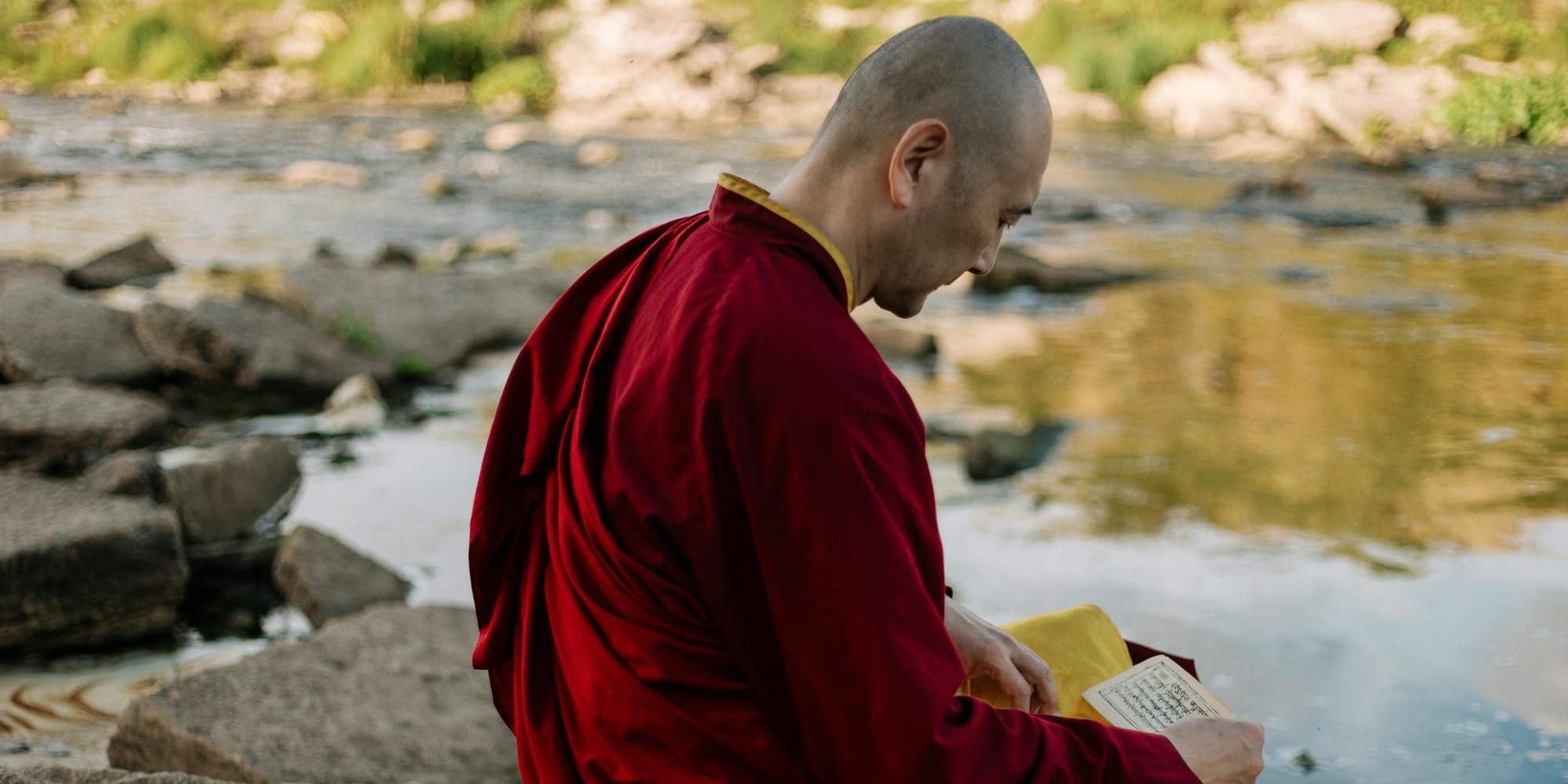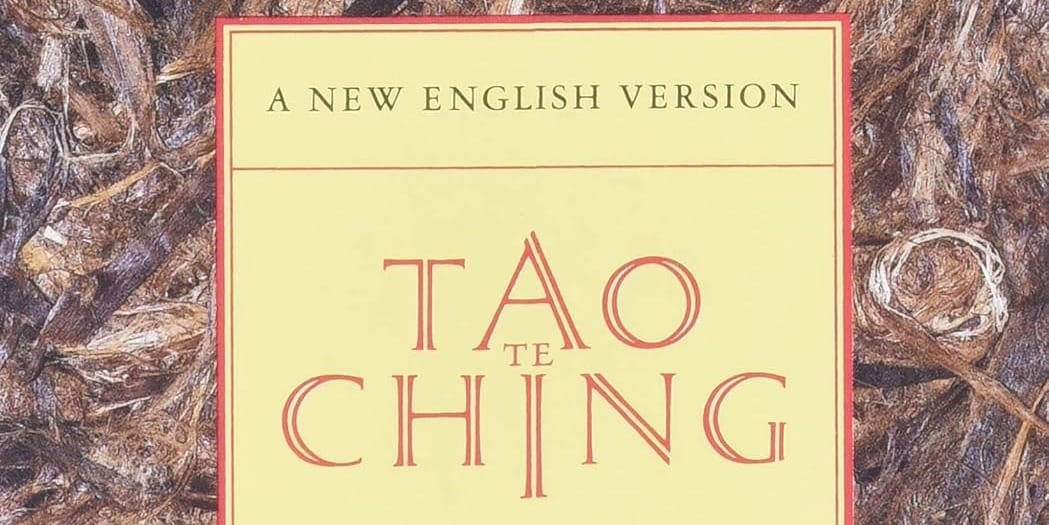Introduction to Lao Tzu and the Tao Te Ching
Lao Tzu, often revered as a founder of Taoism, is an enigmatic figure in Chinese philosophy and spiritual thought. Believed to have lived around the 6th century BCE, Lao Tzu’s wisdom is captured in the Tao Te Ching, a book that has inspired countless readers across centuries. His teachings focus on simplicity, humility, and the pursuit of harmony with the natural world. The Tao Te Ching, also known as The Book of the Way, is his most enduring legacy, distilling the core of Taoist philosophy into a work of poetic and philosophical depth.
What is the Tao Te Ching: The Book of the Way?
The Tao Te Ching is a foundational text of Taoism, containing 81 brief chapters or verses that explore the nature of existence, balance, and the art of living. “Tao” means “the Way” or “the Path,” while “Te” refers to “virtue” or “moral strength.” Together, they outline a philosophy that emphasizes following a natural way of life in harmony with the universe, as opposed to striving for dominance or forceful control. Lao Tzu’s teachings invite readers to embrace simplicity and live in alignment with the world around them.
The Core Teachings of the Tao Te Ching
Central to the Tao Te Ching are principles like wu wei (effortless action), the balance of opposites (yin and yang), and the value of humility. Lao Tzu’s verses encourage us to live with minimal interference, allowing life to unfold naturally. By releasing attachment and resisting the desire for power, we can achieve a deeper understanding of the Tao, which represents the natural order of the universe.
Books Written by Lao Tzu: Is the Tao Te Ching His Only Work?
The Tao Te Ching is Lao Tzu’s only known work, though its influence is immeasurable. Unlike other philosophers who produced multiple volumes, Lao Tzu focused his wisdom into this single, compact work. This concise text has endured as a timeless resource for anyone seeking spiritual insight or guidance in understanding the nature of existence. As one of the oldest philosophical texts, the Tao Te Ching remains the cornerstone of Taoist thought and has inspired countless interpretations across centuries.
Choosing the Most Accurate Tao Te Ching Translation: What Makes a Translation Accurate?
Accuracy in translating ancient texts like the Tao Te Ching is complex. Translators must interpret both the literal meaning of ancient Chinese characters and the subtler connotations that convey the essence of Lao Tzu’s philosophy. Since the text is steeped in metaphor and dual meaning, an accurate translation balances literal accuracy with fidelity to the text’s spiritual depth.
Most Accurate Tao Te Ching Translation Options
Finding the “most accurate” translation often depends on the reader’s preference. Some of the most well-regarded translations include those by Stephen Mitchell, D.C. Lau, and John C.H. Wu. Each brings a unique perspective: Mitchell’s version emphasizes poetic readability, Lau’s is academically grounded, and Wu’s translation closely adheres to traditional interpretations. Choosing a translation is about finding one that resonates both linguistically and philosophically.
Finding the Tao Te Ching’s Best English Translation: Comparing Popular English Translations
With dozens of English translations available, each brings different strengths. Stephen Mitchell’s translation is one of the most popular, capturing the lyrical beauty of Lao Tzu’s teachings. For those seeking scholarly precision, D.C. Lau’s translation, published by Penguin Classics, is a trusted choice. If readers want a traditional yet poetic interpretation, John C.H. Wu’s translation offers clarity and spiritual warmth. These translations reflect the diverse approaches to interpreting Lao Tzu’s ancient wisdom.
How to Choose the Best Translation for You
Choosing the right translation is a personal journey. For readers seeking accessible language and poetic flow, Stephen Mitchell’s version may be ideal. Academics or those interested in traditional interpretations may prefer D.C. Lau or John C.H. Wu. Exploring sample passages from each translation can help readers decide which style and approach resonate with them most profoundly.
Where to Buy the Tao Te Ching Book in English
The Tao Te Ching is widely available in bookstores and online platforms. Retailers such as Amazon, Barnes & Noble, and independent bookstores typically offer a variety of English editions, from paperback to hardcover and even illustrated versions. Additionally, e-book versions are available on platforms like Kindle and Apple Books, making them accessible to readers worldwide.
Recommended Editions of the Book to Buy
When purchasing a copy of the Tao Te Ching, readers may want to consider the translation style that best suits their needs. Stephen Mitchell’s edition is an excellent choice for its readability, while D.C. Lau’s and John C.H. Wu’s editions offer more traditional translations. Illustrated versions provide visual elements that complement Lao Tzu’s profound insights, and annotated editions offer historical and philosophical commentary for deeper understanding.
Why Read the Tao Te Ching? The Relevance of Lao Tzu’s Teachings Today
In our fast-paced, goal-oriented world, Lao Tzu’s teachings in the Tao Te Ching are increasingly relevant. His philosophy promotes a way of life that values simplicity, contentment, and harmony. The concept of wu wei (non-forced action) is particularly impactful, encouraging individuals to avoid overexertion and embrace life’s natural flow. The Tao Te Ching is a reminder of the power of humility, patience, and awareness, qualities that foster resilience and inner peace.
Reflecting on Lao Tzu’s Timeless Message
The Tao Te Ching invites readers to embark on a journey of self-discovery and reflection. Lao Tzu’s timeless teachings encourage us to lead balanced lives, honor the natural world, and embrace simplicity. Whether seeking spiritual insight or practical guidance, readers will find profound wisdom in the Tao Te Ching. This ancient text remains a valuable guide, offering a path toward understanding the Tao and achieving inner peace. Embracing Lao Tzu’s message can help us live in harmony with ourselves and the universe.
Bonus: 10 Best Quotes from the legendary book Tao Te Ching Book of the Way
The Tao Te Ching is filled with timeless wisdom, expressed in brief yet profound statements that resonate across generations. Lao Tzu’s words offer guidance on living a life of balance, humility, and harmony with the natural world. Here are some of the best quotes from the Tao Te Ching, each capturing the essence of his teachings and providing insights that are as relevant today as they were over two millennia ago.
List of Inspiring Quotes by Lao Tzu from the Tao Te Ching:
- “The journey of a thousand miles begins with a single step.”
This famous quote highlights Lao Tzu's emphasis on patience and persistence. Small actions lead to great outcomes, reminding us that any major endeavor starts with the first, simple act. - “When I let go of what I am, I become what I might be.”
Lao Tzu teaches the importance of releasing fixed identities and expectations. By letting go of rigid self-concepts, we open ourselves to personal growth and transformation. - “Those who know do not speak. Those who speak do not know.”
One of the best quotes from the Tao Te Ching, this line encourages humility and the wisdom of silence. It suggests that true knowledge goes beyond words and is often felt or experienced rather than spoken. - “A good traveler has no fixed plans and is not intent on arriving.
This quote reflects Lao Tzu’s philosophy of living in the moment, enjoying the journey, and remaining adaptable. It’s a reminder that life is more about the process than the destination. - “Nature does not hurry, yet everything is accomplished.”
Lao Tzu’s words on the effortless progression of nature inspire us to embrace patience and to avoid rushing through life. This quote is an invitation to align our actions with a natural, unforced rhythm. - “I have three treasures, guard and keep them: deep love, frugality, and not daring to be ahead of others.”
This powerful quote summarizes Lao Tzu’s values. By cherishing love, simplicity, and humility, we create a life of contentment and harmony with others. - “Knowing others is intelligence; knowing yourself is true wisdom. Mastering others is strength; mastering yourself is true power.”
In one of the most profound quotes by Lao Tzu, he contrasts the power of self-awareness with the desire to control others, teaching that self-mastery is the true path to strength. - “Be content with what you have; rejoice in the way things are. When you realize there is nothing lacking, the whole world belongs to you.”
This quote from the Tao Te Ching reflects the beauty of contentment and acceptance. Lao Tzu encourages us to appreciate the present moment, recognizing that true wealth comes from inner peace. - “A leader is best when people barely know he exists. When his work is done, his aim fulfilled, they will say: we did it ourselves.”
Lao Tzu’s insights on leadership promote a humble approach, where the best leaders empower others rather than seeking attention or recognition for themselves. - “To the mind that is still, the whole universe surrenders.”
This final quote reminds us of the power of inner peace. A calm, steady mind enables us to connect with the Tao or the natural flow of the universe, achieving clarity and insight.


